This oldest footage of a solar eclipse was filmed on 28 May 1900, by the famous British magician and inventor Nevil Maskelyne (1863-1924).
The footage has been restored and released online by the BFI channel.
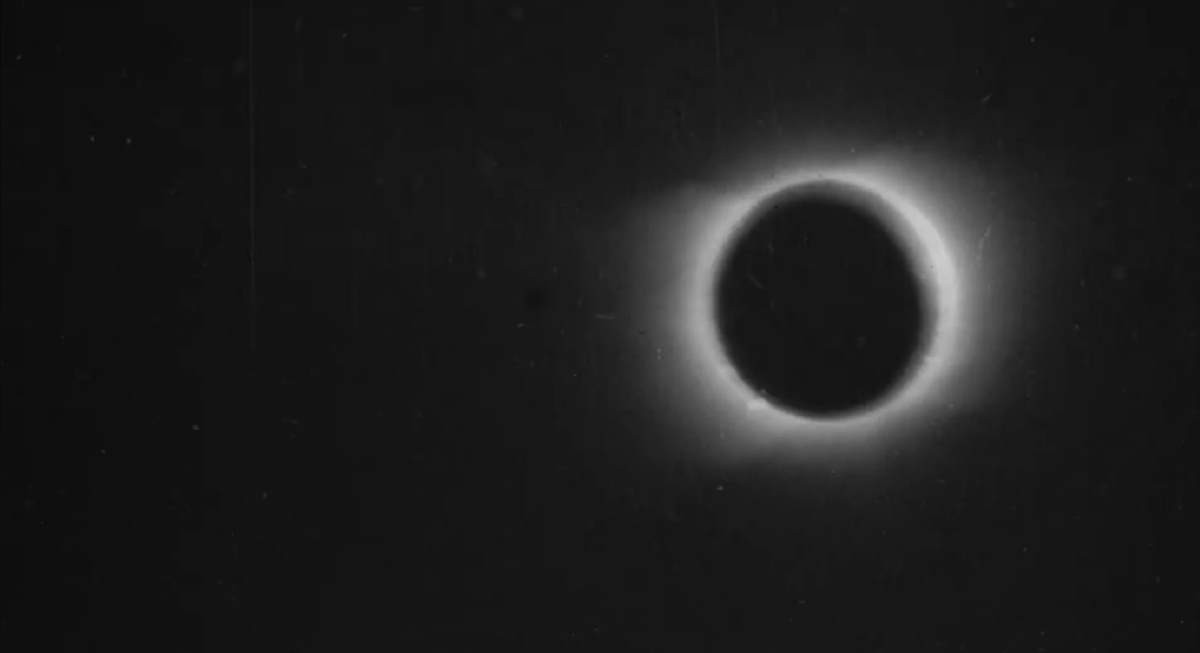
This oldest footage of a solar eclipse was filmed on 28 May 1900, by the famous British magician and inventor Nevil Maskelyne (1863-1924).
The footage has been restored and released online by the BFI channel.
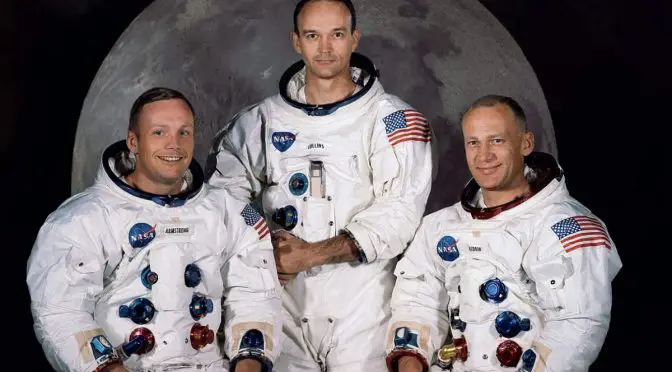
On April 28, 2021, Michael Collins, Apollo 11 pilot and the “loneliest man ever” died aged 90. Collins flew the Apollo 11 command module Columbia around the Moon in 1969 while his crewmates, Neil Armstrong and Buzz Aldrin, performed the first crewed landing in history on the lunar surface.
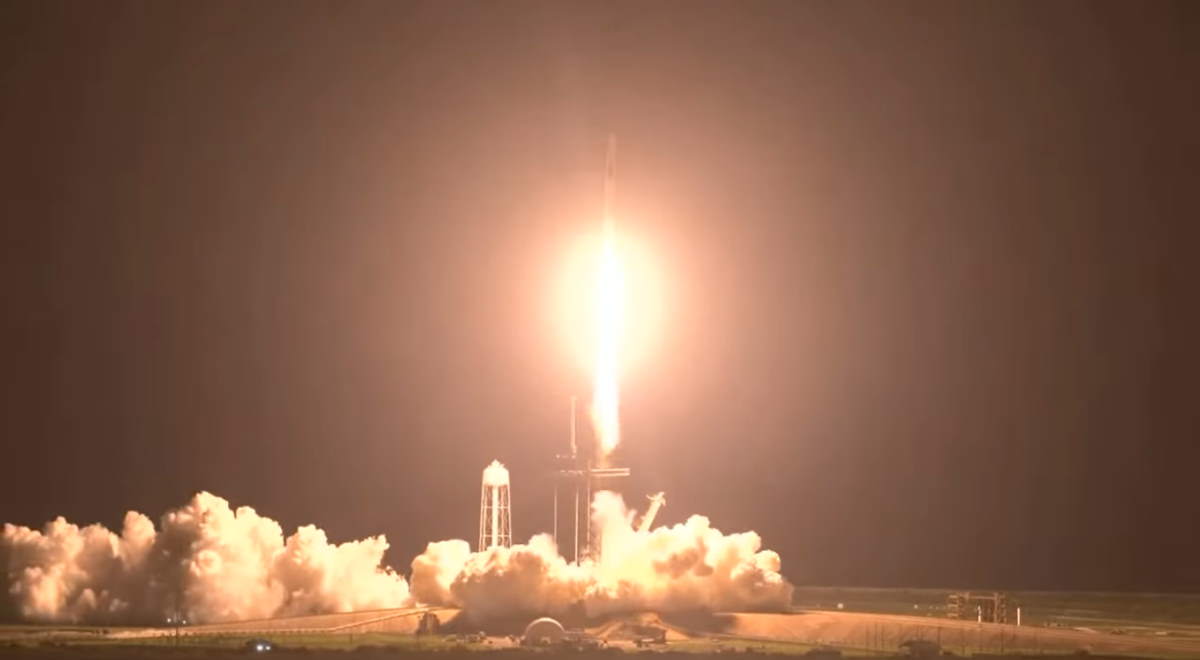
On April 23, 2021, SpaceX launched four astronauts to the International Space Station (SpaceX Crew-2). The launch was a historic one: for the first time ever people have flown on a reused rocket (Falcon 9 First Stage) and also in a reused capsule (Dragon Spacecraft).
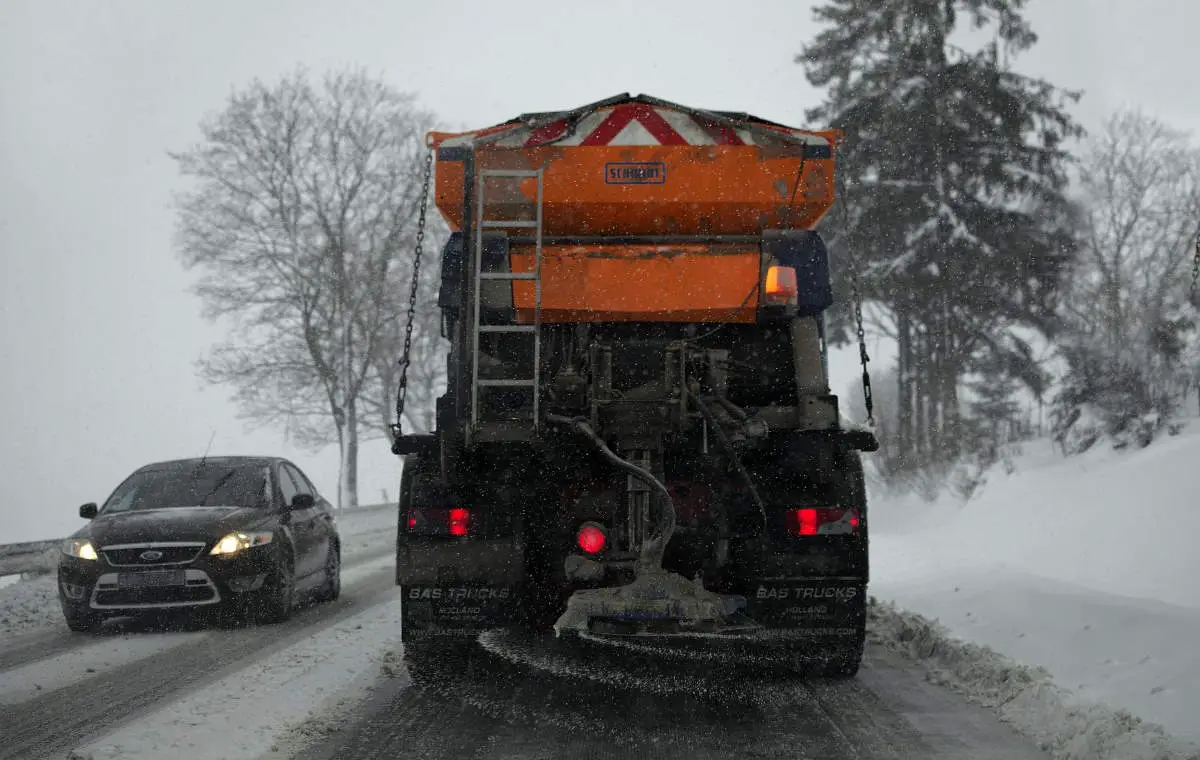
Snow is a magical phenomenon for children. Building snowmen, drinking hot chocolate, and receiving the day off from school create memorable experiences for little ones. But as an adult, these weather patterns may lose their whimsy due to restrictions on driving.
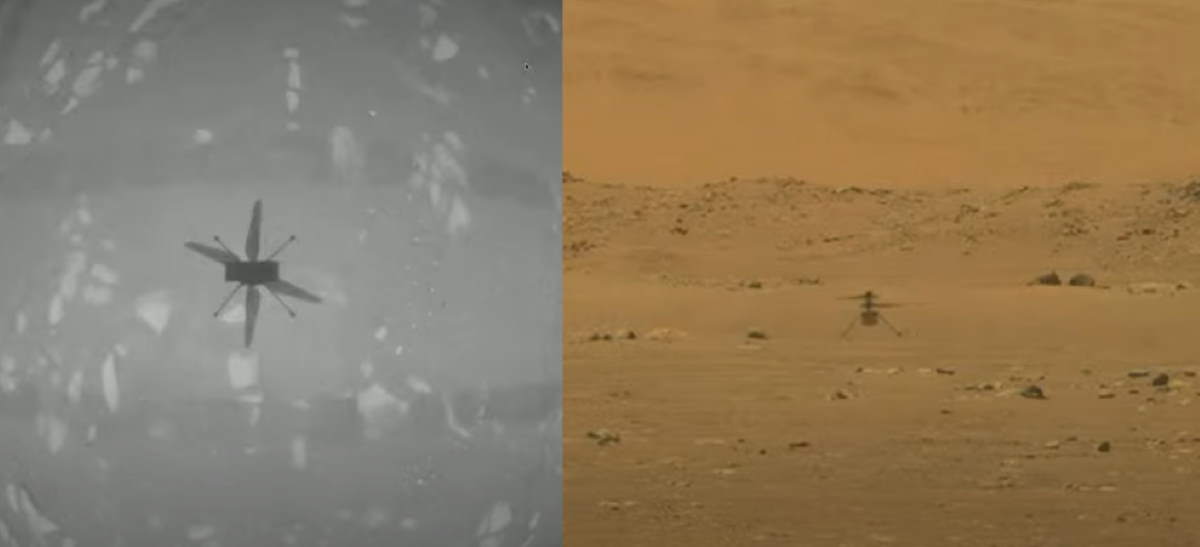
Great news – NASA’s Ingenuity the Mars helicopter performs its first flight. It is the first powered, controlled flight on another planet.
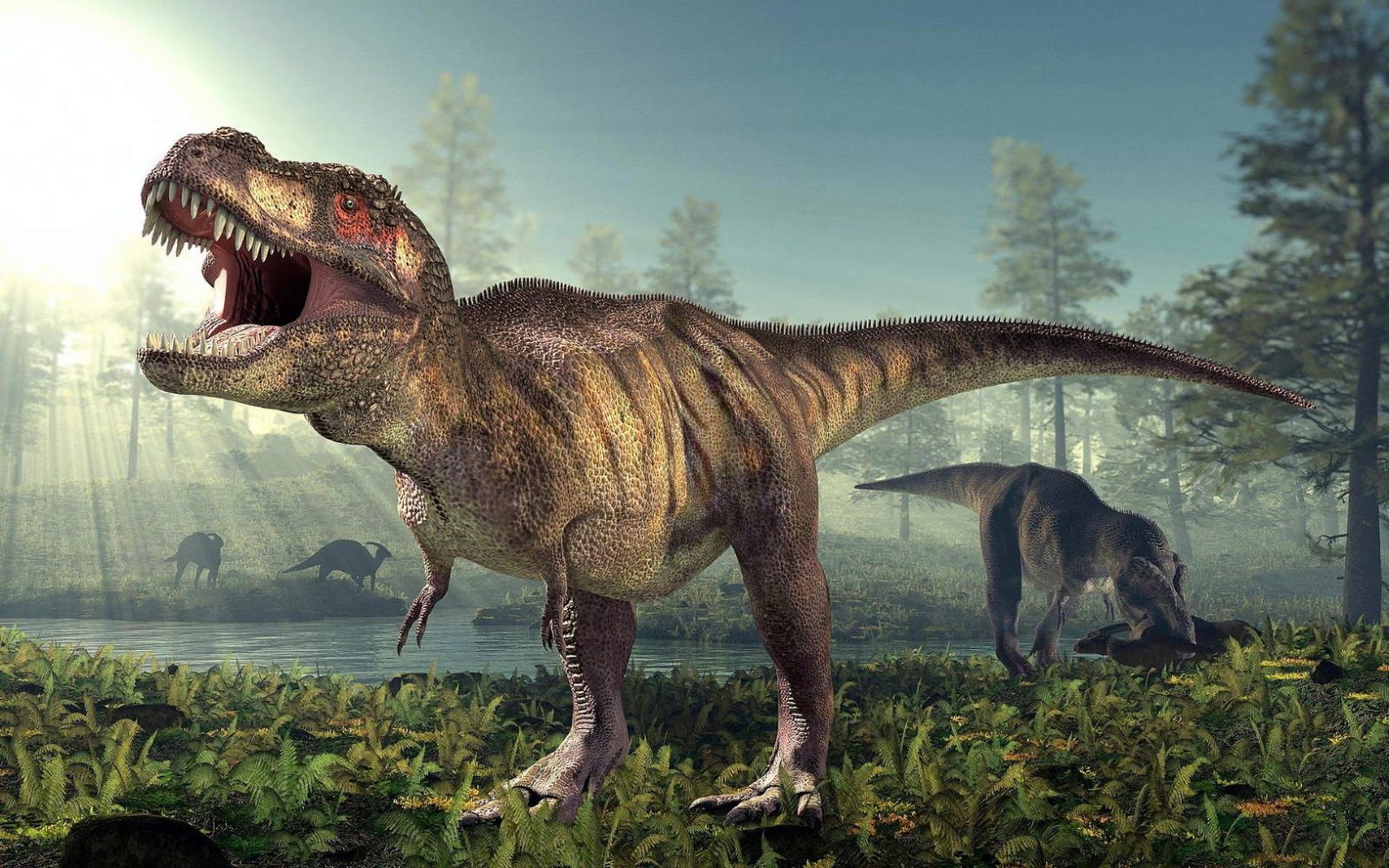
Tyrannosaurus rex (rex meaning “king” in Latin) lived throughout what is now western North America 68 to 66 million years ago, during the Upper Cretaceous period. Back then, there was a big island (an island continent) called “Laramidia” there. But, how many Tyrannosaurus rex walked the Earth? At the same time, and in total?
Ashley Poust, University of California, Berkeley and Daniel Varajão de Latorre, University of California, Berkeley
The Research Brief is a short take about interesting academic work.
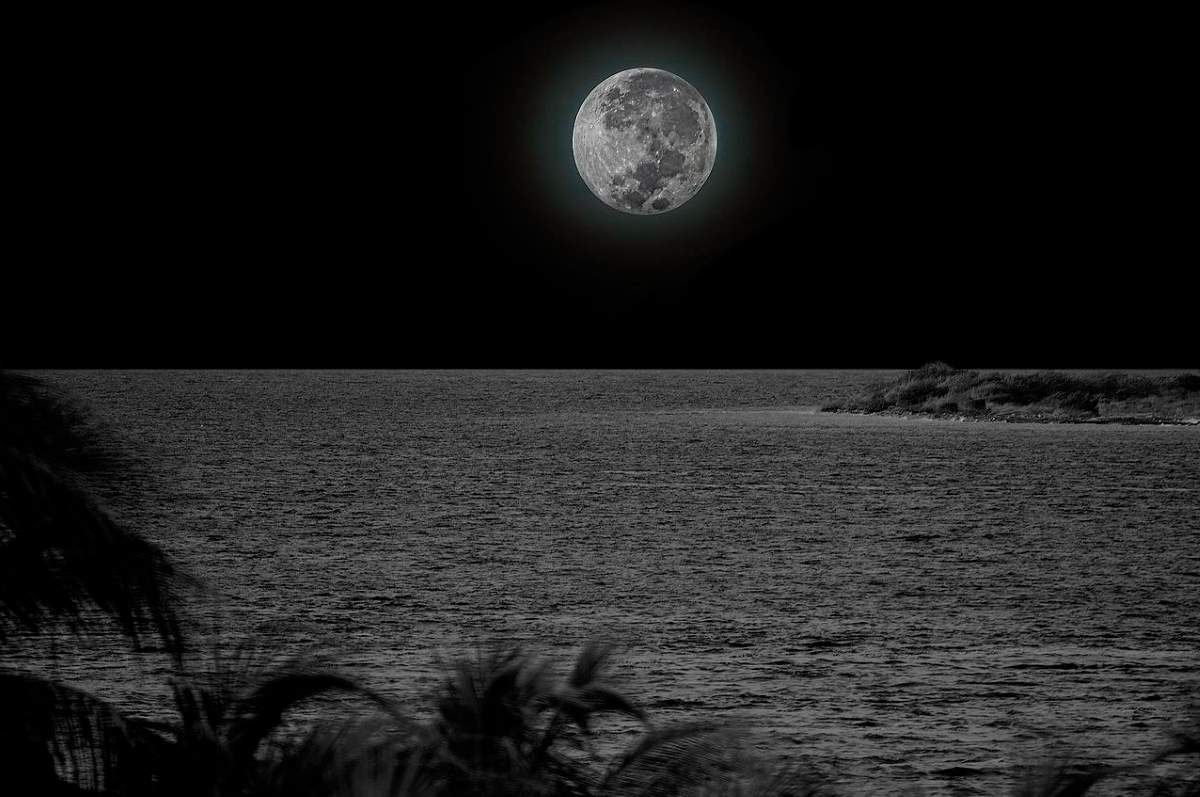
Earth has got only one moon – a rocky, cratered place, about a quarter the size of Earth and an average of 384,400 kilometers (238,855 miles) away. It is simply called – well, “the Moon” because people didn’t know other moons around other planets existed until Galileo Galilei discovered four moons orbiting Jupiter in 1610. Here are 10 amazing moon facts.
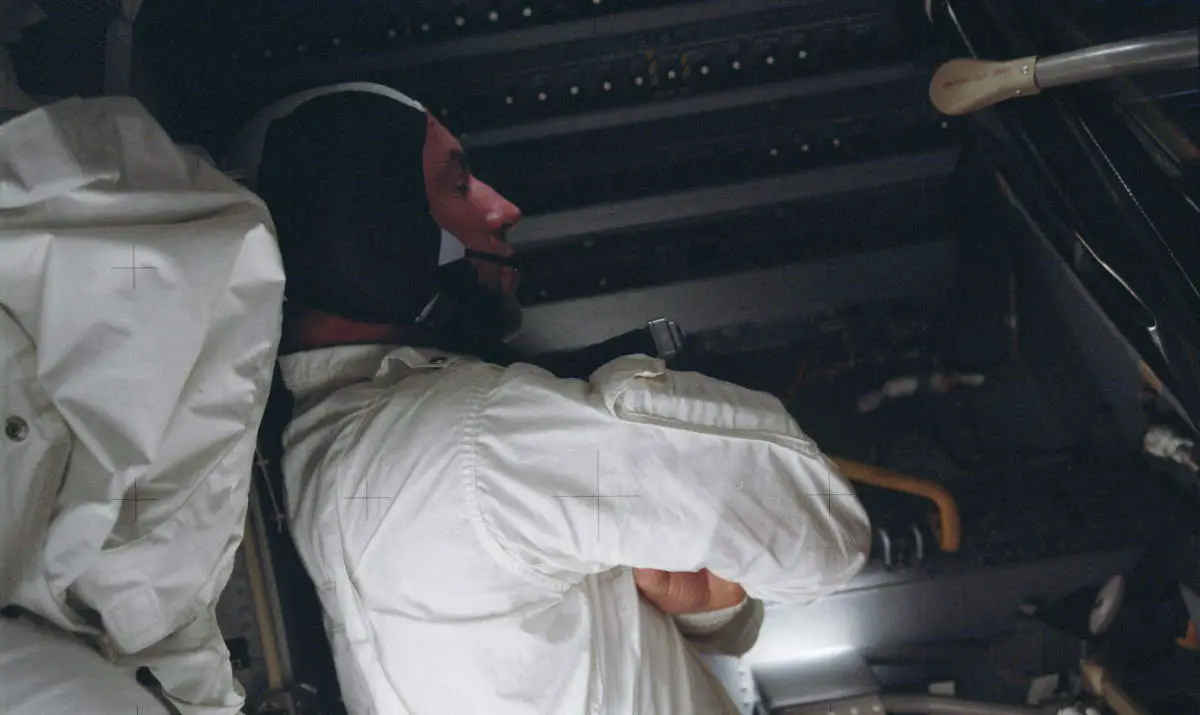
“Houston, we’ve had a problem” (see notes 1 below this post) is the now-famous phrase radioed from Apollo 13 to Mission Control upon the catastrophic explosion that dramatically changed the mission. On the 50th Anniversary of the Apollo 13 mission, NASA recognizes the triumph of the mission control team and the astronauts and looks at the lessons learned. The American space agency commemorates the most “successful failure” in the history of space exploration with the video titled “Apollo 13: Houston, We’ve Had a Problem”.
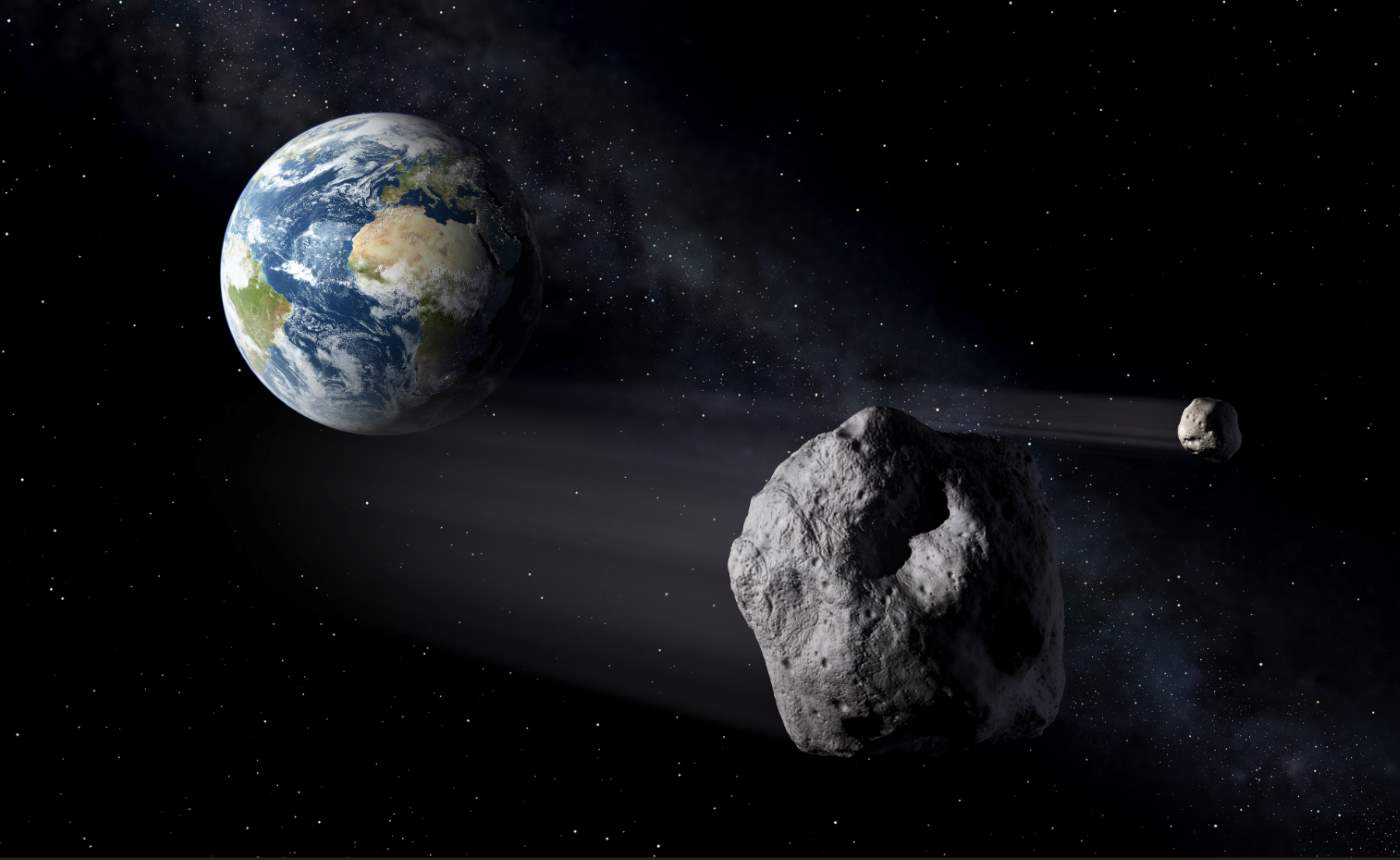
Asteroids – the bits and pieces left over from the formation of the inner planets – are a source of great curiosity for those keen to learn about the building blocks of our solar system, and to probe the chemistry of life.
Humans are also considering mining asteroids for metals, but one of the crucial reasons scientists study this ancient space rubble is planetary defense, given the potential for space debris to cause Earth harm.
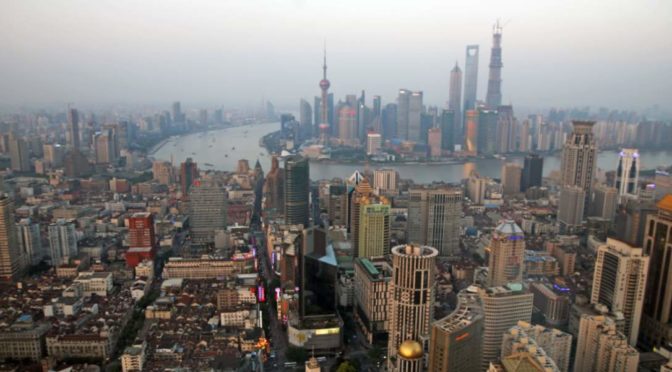
With summer around the corner, city dwellers are planning their shoreline retreats to escape unbearable heat. Urban regions typically stay warmer during this season due to their structure. What if there were ways to reduce this effect by making minimal changes to metropolitan lifestyles?
Cities can effectively preserve natural land by permitting one region to house many individuals. When we build up rather than out, we allow many areas to remain untouched by humans.
However, although cities can conserve organic areas, they also contribute to a dangerous warming phenomenon known as urban heat islands.